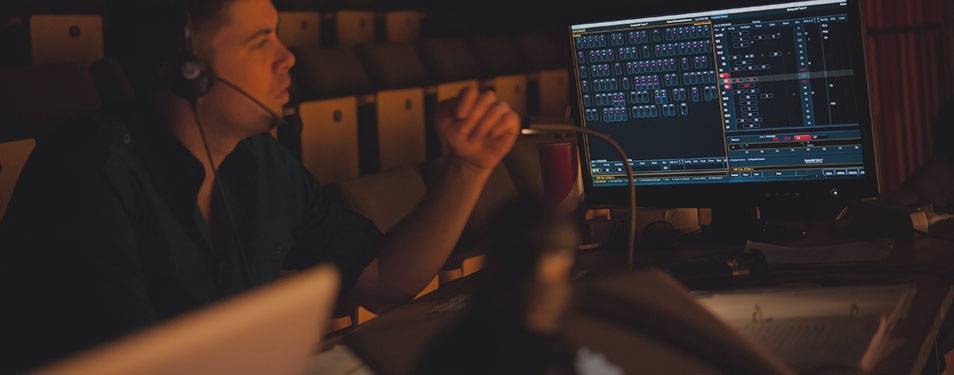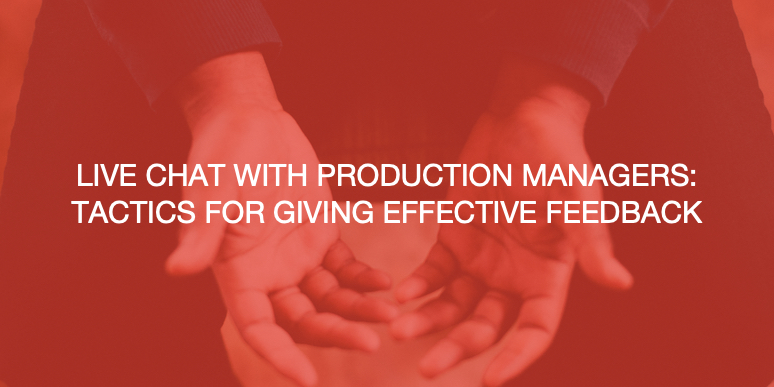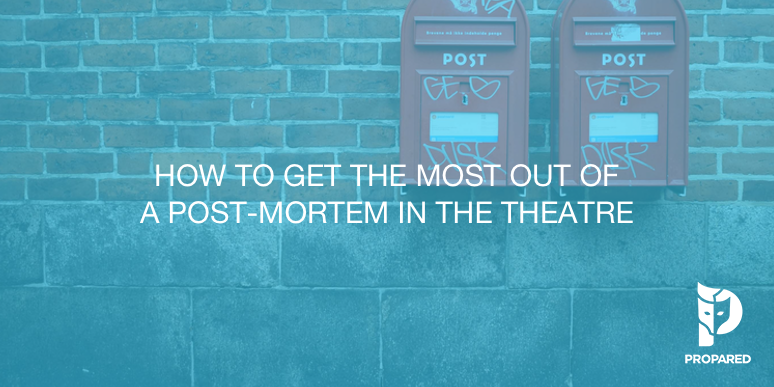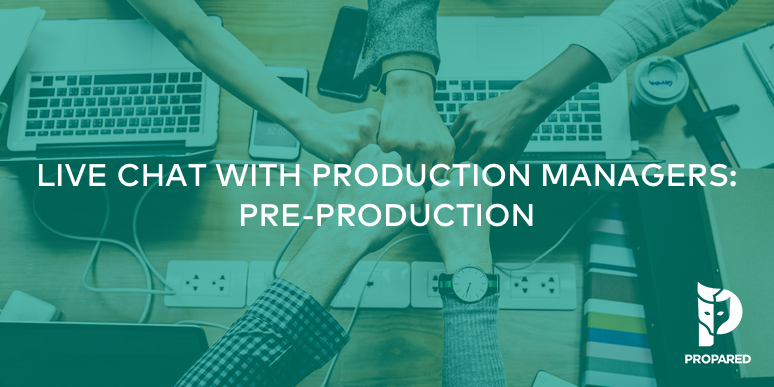 I took a mental health day a week ago. I slept in late, caught up on some of my TV guilty pleasures, and only did the slightest bit of work when I got bored. The next day I felt fully refreshed, ready to launch into another crazy week. Thinking back, I’m not sure how and when I ever got to the point where allowing time to reset myself was such a challenge. Yet I can honestly say that taking a day off is something that a year ago, I would never have done.
I took a mental health day a week ago. I slept in late, caught up on some of my TV guilty pleasures, and only did the slightest bit of work when I got bored. The next day I felt fully refreshed, ready to launch into another crazy week. Thinking back, I’m not sure how and when I ever got to the point where allowing time to reset myself was such a challenge. Yet I can honestly say that taking a day off is something that a year ago, I would never have done.
Enter my mentor.
Last summer, I was transitioning from an internship with Tinc Productions into more full-time work with Propared and Melissa [Johnston] (COO, Propared & VP, Tinc) sat me down for a heart to heart. She cut straight to the point.
“You overbook yourself.”
I nodded. But in truth, I really didn’t understand what that meant. Everyone around me seemed busy all the time. In fact, it’s kind of how one assumes the entire city of New York operates. But after a long semester full of classes, an internship, and stage-managing shows (often pulling 18-hour days!), I’d run myself into the ground. I’d gotten sick, had limited energy, and couldn’t give all I desired to my work. I knew it had to stop but I couldn’t figure out how.
“You need to treat your personal time the same as you treat your work time. Put it in your calendar and keep to it the way you would any other meeting.”
I thought a lot about her advice. How could I voluntarily choose to take time AWAY from my work? As a manager, I strive to give 110% of my energy to every project. When I get focused, the things I need just for me are the first things I drop; sleep and food come to mind. Though I know how silly this seems, the old saying “the show must go on” constantly rings in my ears. I never want to be the one in the room who’s fallen behind. And the very nature of live event work means that I’m never really “off.” I’m either planning a project, working on a project, or searching for the next project. How could I incorporate this advice without losing my connection to or control over my work? Here are a few things I’ve learned over the past year as I tried to reframe how I approach my work-life balance:
1. It’s okay to rely on others
As a stage manager, I rely on my assistants and team members when I cannot be at a meeting or rehearsal. Though it was hard to delegate these jobs at first, the more I trusted and learned to work with my team, the more efficient and collaborative projects became.
2. Set appropriate expectations
One of the biggest hurdles I had to get over was accepting that by taking a day off, deadlines might need to be pushed. What I was pleasantly surprised to find was that it isn’t the end of the world! As long as I communicated with my team in advance, I could come back to the work and deliver my best without feeling rushed or overwhelmed.
3. Breaks make your work better
Taking a moment to sit back and relax gives my brain and body time to reset and start anew. Catching up on a show I love, a book I’ve been meaning to read, or just taking a walk outside helps me return with fresh eyes and renewed enthusiasm.
Freelancers are probably the toughest people to convince to take these breaks. And yet, we are likely the ones who need them the most. Moving from job to job can be stressful – not only are we learning new material, but we’re working in new teams, and adjusting to new schedules. If we don’t take time for ourselves, we may not be able to give the levels of energy our work requires.
This year has opened my eyes to what I can do to prepare myself for a life in this industry.



